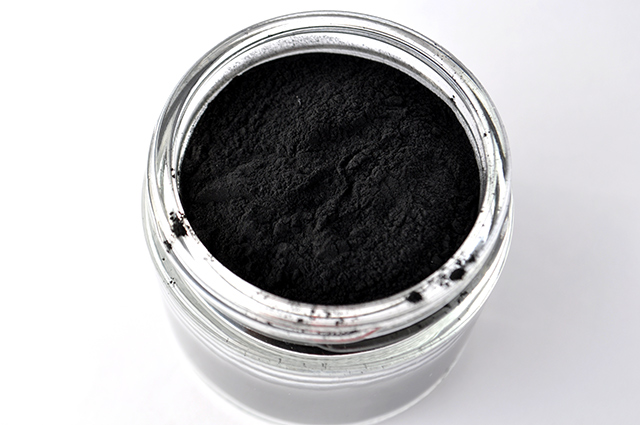It’s a match: Dietitian claims health benefits are the same for fresh fish vs. frozen
11/19/2017 / By Zoey Sky

While it is a common belief that fresh fish is a better option compared to frozen fish, a recent study has determined that they both offer the same health benefits.
Fresh fish only lasts two or three days after it is caught, but frozen fish “can last four to six months in the freezer and still contain the same health benefits,” revealed a registered dietitian. (Related: Fish oil lowers risk of breast cancer by 32 percent.)
Researchers from Norway are looking into new methods of handling, freezing, and thawing fish to ensure that people have access to high-quality fish all year round. Consumers can benefit from the new study, especially those who want to buy cheaper frozen fish. The study can also help determine how to lower the risk of parasites that can be found in raw fish.
Norwegian research company SINTEF has been running tests to observe the effects of different freezing and thawing methods on the quality and shelf-life of fish. The tests have determined three key factors that can help guarantee the quality of frozen fish.
First, the fish needs to be frozen as soon as they are caught on fishing boats. Second, the fish should remain frozen at a stable and low temperature for the entire time, without interruption, before it is thawed. Third, the thawing must take place right before the fish are sold.
The fish that went through these tests “were good for 10 days after thawing.” This means that the fish were “free of bacteria and the texture, color and consistency were of top quality when frozen correctly.”
Registered dietitian Tara Condell shared, “Health-wise, fish is just as nutritious frozen as it is fresh.” The U.S. Food and Drug Administration (FDA) requires fish sold in the U.S. to be flash frozen before it can be sold.
Flash freezing is an accelerated process that is used to freeze fish right after they are caught. The process uses ultra-low temperatures, usually around -20 degrees Fahrenheit, to freeze fish solid within seconds.
The FDA guideline ensures that consumers have a lower risk of contracting parasites since it often takes several days for fish to reach the stores. Condell also cautions shoppers to check their fish to make sure that it doesn’t have an unpleasant smell and ice burns. Always buy fish, whether fresh or frozen, from a quality supplier. Remember that regardless of when it was caught, when frozen and thawed properly, the fish you bought will retain its freshness.
Tips on storing fresh fish
When buying fresh fish, follow the steps below to store it properly:
- Remove the fish from its packaging.
- Rinse the fish in cold water and dry it with paper towels.
- Place the fish on a rack, and ensure they don’t touch or overlap.
- Place the rack with fish in a large container.
- Put crushed ice in the large container, but don’t let the ice touch the fish on the rack. Keep the ice right under the fish.
- Cover the container, rack, and fish with plastic wrap or aluminum foil, then seal it tightly and refrigerate it.
- When storing the fish for more than a day, replace the ice once it melts and remove the water.
How to freeze fresh fish
Follow the steps below to freeze fish that you’re not going to eat right away:
- Remove the fish from its packaging.
- Rinse the fish in cold water and dry it with paper towels.
- Put the fish in freezer bags or containers, and label them properly.
- Store the bags in a freezer set at 0 degrees or colder.
- Thaw and prepare the fresh fish within two weeks for the best taste and nutrition. Thaw the fish in the coldest part of your refrigerator.
You can read more articles about fresh food and tips on how to eat healthy at Fresh.news.
Sources include:
Tagged Under: fish, food, food safety, fresh fish, frozen fish, health, nutrition



















